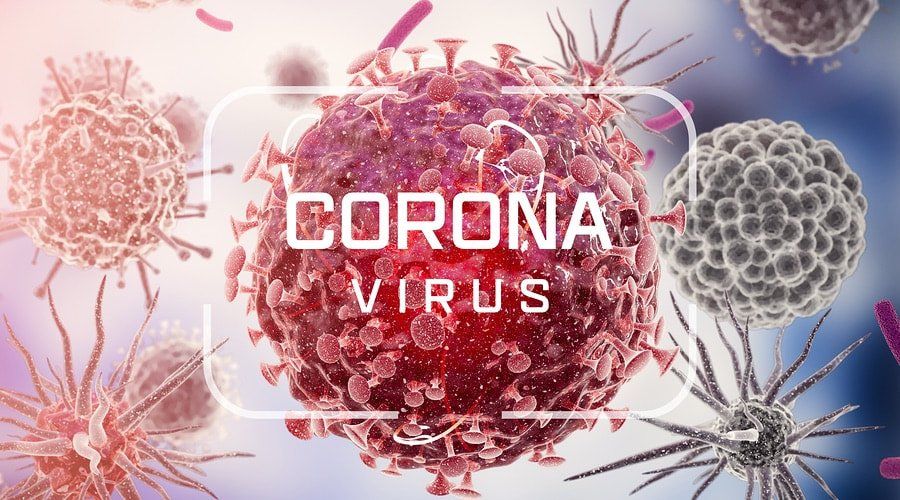Separating Fact From Fiction on the Coronavirus

Amidst news of the spread of COVID-19, commonly called the coronavirus, getting caught up in misinformation is all too easy. Fears, misconceptions and desperation can make it difficult to prepare yourself when you can’t get a straight answer on what to do. Do you have to fear for your pets? Is it just an overblown flu? Can your health insurance broker do anything to help? If you need help filtering out the myths, here are some common ones to address.
MYTH: “Always Wear A Mask”
Like the flu, the coronavirus spreads primarily person-to-person via coughs and sneezes, so a mask may sound vital. However, this overstates the rate of spread—you’re only at risk if you’re in close contact with someone who’s infected, and wearing a mask 24/7 isn’t really necessary. The standard flu prevention strategies are your best bet: wash your hands regularly, clean frequently touched surfaces, avoid touching your eyes and mouth and keep a good distance from someone who’s sick—or someone who’s healthy, if you’re sick. However, when in public and close proximity to other people, if a good idea to where a mask.
MYTH: “Packages From China Aren’t Safe”
Initial reports about the coronavirus originating in China have led to nasty scaremongering encouraging people to stay away from anything that might’ve come from there. Besides the distrust and stigmatization this can create, it also misinterprets how the disease spreads. While surfaces and objects can be contaminated, the coronavirus doesn’t live long outside of a host; almost certainly, an overseas package isn’t going to infect you.
MYTH: “One Weird Trick to Treat Coronavirus”
With no official cure announced and the vaccine still in development, proposed cures have popped up, ranging from misguided to malicious. Some examples:
Alcohol and UV rays may sanitize surfaces, but they’ll likely harm your body instead.Pneumonia vaccines won’t work, because they don’t match the coronavirus.Antibiotics only affect bacteria.Household cures like garlic or saline nasal rinses have no evidence of success.Be wary of anyone selling a cure; you could face worse than getting scammed.
MYTH: “Only the Elderly Are at Risk”
Current data does indicate that most healthy individuals aren’t seriously threatened by COVID-19, but the at-risk groups aren’t limited to the elderly. Anyone with a compromised immune system, which can also include infants, young children and those already prone to illness, could experience more severe symptoms. More significantly, even if you’re not at risk of death from coronavirus, you could still spread it to someone who is.
MYTH: “Can My Dog Give Me the Coronavirus?”
While there are strains of coronaviruses that do infect animals, these aren’t related to COVID-19, which is far from the only coronavirus. It’s still a good idea to mind hygiene when playing with your pets because of other pathogens that can cross from human to animal, but the coronavirus is not one.
MYTH: “Get Tested Now!”
Don’t jump to conclusions if you start sneezing and feeling feverish: the CDC recommends COVID-19 testing only to symptomatic people who have been to Wuhan City, China recently and anyone in close contact with them. Besides worrying yourself over nothing, testing can be expensive and you would have to make sure that your health insurance broker can cover you.
These are just some of the major myths flying around in the wake of the coronavirus, and as researchers learn more, they may disappear or resurface. For information on what you can or should do, turn to sources like the WHO.







